The third edition of the popular India SaaS survey is here.
As always there are 2 parts, Form A, a 100% anonymous survey, and Form B, a distinct & separate form capturing company details for us to share the final report. Please note that forms A & B are kept distinct to protect your privacy. Both together take about 10 minutes to complete. Scroll down to read more about the survey.
image credit – Nick Youngson
What is the survey about?
Every burgeoning ecosystem requires a robust set of benchmarks to compare itself against and reach better levels of performance. Signal Hill and iSPIRT Foundation have been at the forefront of addressing this need for the Indian SaaS ecosystem. The survey aims to anonymously benchmark Indian SaaS companies to better understand the unique challenges they face and the unique advantages they leverage, creating a single reference point updated annually.
If you found the results of the 2016 SaaS survey valuable, please help us make the third version of this survey the most meaningful and relevant. It is a marker of the maturity of our Indian SaaS ecosystem.
What’s New?
What sets this survey apart from the previous two editions is the addition of two new sections to better understand, (a) how SaaS product companies achieve Product-Market Fit and (b) the effective metrics behind successful Inside Sales engines. With the addition of these 2 sections, the survey is poised to provide a complete analysis of the India SaaS advantage covering the product, market, sales & customer support.
Here are the takeaways from the 2015 & 2016 India SaaS Surveys:
2015: Horizontal applications dominated vertical specific ones
2016: Vertical focussed SaaS players occupy majority share of the scaled and funded respondent pie.
2015: 84% of respondents reported looking overseas for growth, ranking North America as their #1 target geography
2016: Unchanged, the US is the most favoured destination for Indian SaaS startups. With that said, whilst companies are building for global markets, the first market for companies to get traction in is typically India.
2015 & 2016: The median CAC payback period (for >$1Mn ARR) is 6-12 months.
Staying Focused And Achieving The Product-Market Fit Are Key To Managing CAC.
It takes 10 minutes to fill the Survey
To participate in the 2017 survey, respondents will need to fill in two simple forms:
- Form A, a 100% anonymous survey, 100% multiple choice, and
- Form B, a distinct & separate form capturing company details for us to share the final report.
Please note that forms A & B are kept distinct to protect your privacy. Your 10-minute contribution to this effort will be hugely useful in helping the Indian SaaS ecosystem benchmark itself.
Some highlights from the web
ET Tech, 2018 is poised to be the year of Indian SaaS explosion.
An anticipated increase in global spending on information technology over the course of this year will be a big driver for SaaS companies, even after factoring in changes in political climate such as Brexit and churns in global markets.
Tracxn Report for India SaaS (2017)
The growth in SMEs and their increased cloud adoption and government initiatives such as Digital India are also expected to drive the SaaS market. Increasingly mobile workforces are also pushing the adoption of SaaS with startups and companies providing mobile-first applications.


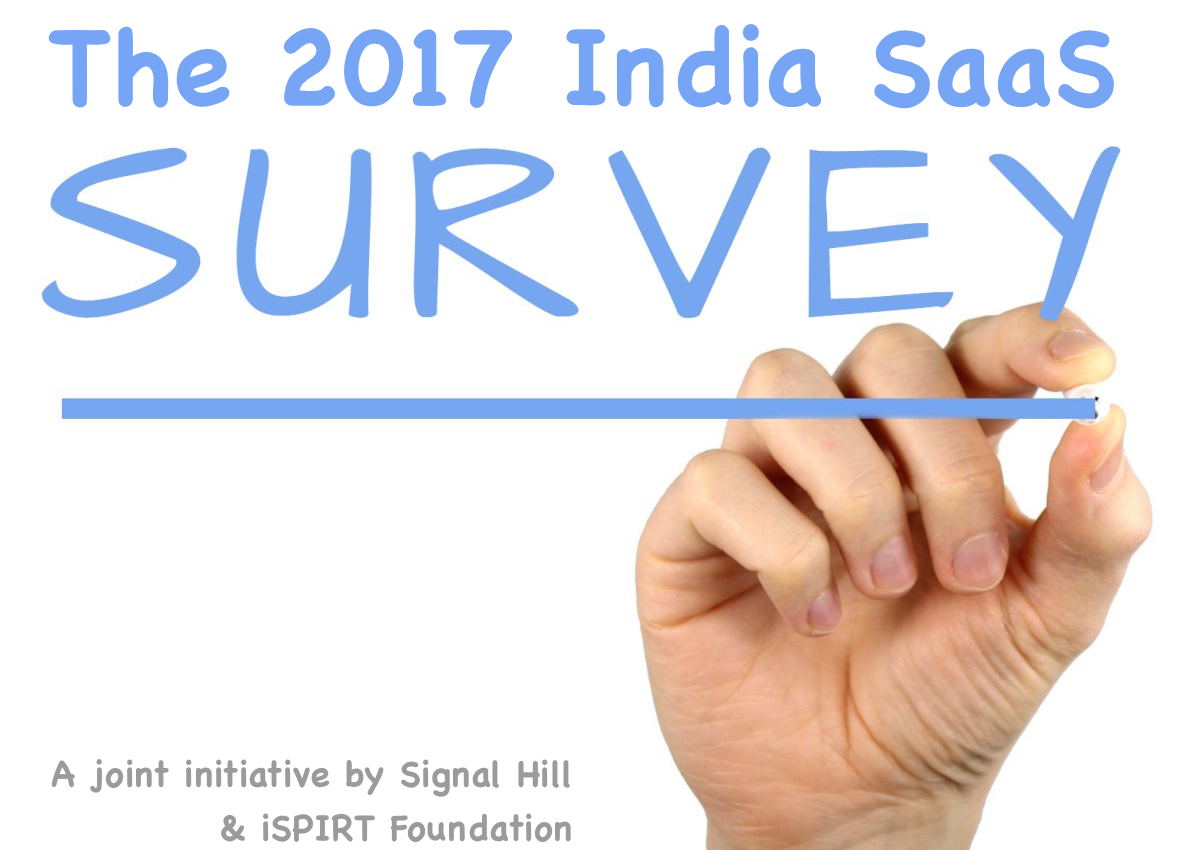
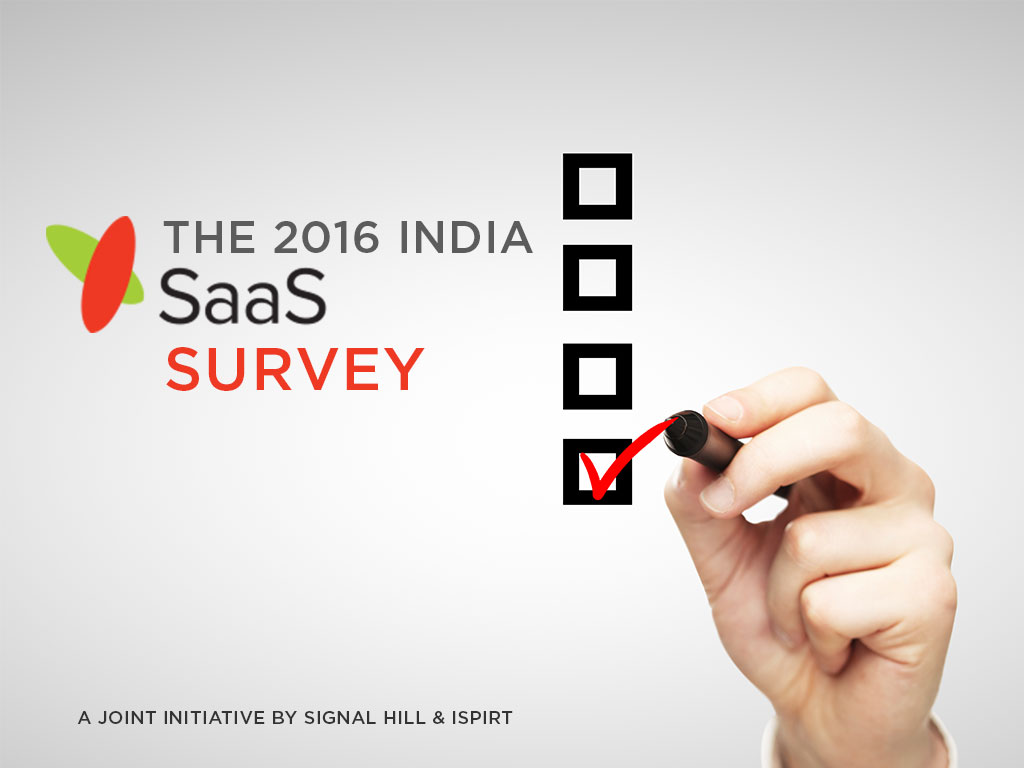

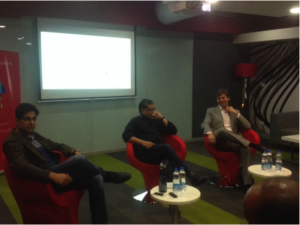
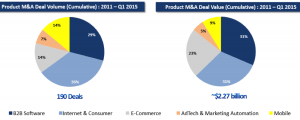

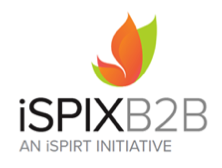 We believe this
We believe this